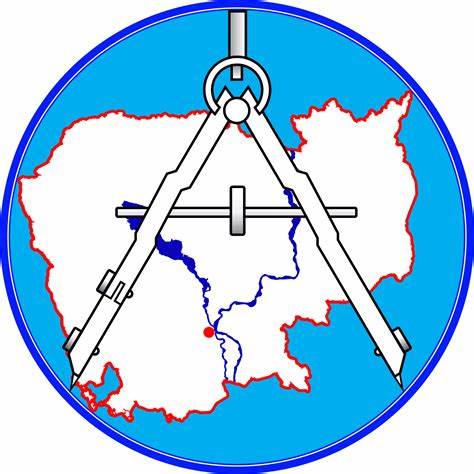Issue Description
In order to minimise financial risks within the real estate and construction sector, many countries have minimum capital requirements that must be met before a construction permit can be issued for a project. The developer must be able to demonstrate that it holds capital equivalent to a certain percentage of the value of the project.
Prakas No.89 on the Management of Real Estate Development Business, issued 20 January 2020, has sought to address this concern by setting that if a residential or co-owned building developer intends to sell units to raise funds as construction progresses, it must have a cash deposit on an account opened at the National Bank of Cambodia (or any local commercial bank) or a bank guarantee of 2% of the total construction costs. The residential or co-owned building developer shall also obtain a letter issued by any banking or micro-financial institution in Cambodia confirming that the capital and source of capital of the developer is at least 20% of the total construction costs if the developer intends to sell units to raise funds as construction progresses. In the case of land development projects, the cash deposit or the bank guarantee shall correspond to 5% of the total construction costs. Also, this Prakas No.89 provides that the security deposit on a residential or co-owned building development business may only be withdrawn once the residential or co-owned building development project is at least 70% completed.
While this decision was certainly welcomed, our members consider this requirement to be insufficient to act as an adequate safety net for consumers and the overall market if a project was to collapse.
As a regional comparison, developers in Malaysia are restricted in accessing buyers’ funds, as developers can only accept an initial 10% deposit before construction begins and thereafter payment is made in instalments according to the stage of works completed, ranging from 5% – 15% of the purchase price. These funds are deposited into a Housing Development Account regulated by Malaysia’s Ministry of Housing, and are only accessible when progress is certified by the architect responsible for the project, ensuring appropriate access to funds while also protecting consumers if a project were to fail. Such provisions do increase the cost of embarking on a project but prevent developers from beginning projects that are financially dependent upon pre-sales funds, these projects are often at higher risk of running out of money prior to completion.
Impact on business
Developers undertaking projects without sufficient starting capital represent a major risk to the Cambodian real estate market and by extension, the entire national economy. If one project were to financially collapse prior to completion, this would likely affect confidence in the market and have a knock-on effect whereby pre-sales for other projects would decline or withdraw. If this were to occur, it could trigger a ‘domino effect’ on the Cambodian real estate sector and lead to a market crash.
Accordingly, it is within the interests of the Royal Government of Cambodia and all stakeholders to introduce stronger financial controls to regulate residential development projects to provide suitable protection and ensure the sustainable growth of the Cambodian economy.
Recommendation
- Increase financial controls for residential development projects.
We respectfully recommend that the Royal Government of Cambodia consider increasing the financial controls set for residential development projects in line with ASEAN Member States, to provide adequate protection to consumers in the event of a project collapsing.
Recognising that the Royal Government of Cambodia is already aware of the risks that surround developers who undertake projects with insufficient capital in Cambodia, EuroCham wishes to recommend that the minimum capital requirement be increased to bring it in line with Cambodia’s ASEAN neighbours. Increasing the minimum capital required to develop a residential project to a value that appropriately balances consumer protection via additional regulatory oversight, with the desire for investment-friendly government policy that encourages further development.
We respectfully recommend engaging in consultation with the private sector in order to gather relevant data and information so as to set the most appropriate thresholds. Cambodia certainly can continue to encourage the flow of investment and improve its ease of doing business while simultaneously increasing regulatory controls to ensure the sustainability of the market.
Royal government of Cambodia
Initiative from Eurocham: The issue has been raised by the Real Estate & Construction Committee within The White Book edition 2024 in the Recommendation No. 51.

On July 22, 2024, during a consultation with the private sector, the Ministry of Land Management, Urban Planning, and Construction (MLMUPC) addressed all recommendations related to the Real Estate & Construction Chapter of the White Book. EuroCham has been informed that the MLMUPC will review and discuss this matter with the relevant ministries and institutions involved in financial work. This includes engaging with real estate developers, regulators, and those responsible for mortgage-related aspects of housing development projects. The Ministry of Economy and Finance (MoEF) is the competent authority to conduct and increase financial controls for residential development projects, as this issue is related to property developers and regulators.
The MoEF deems this issue as a very good recommendation and will think about the determination of capital requirements for companies investing in these projects to prevent them from going bankrupt.
National Counterparts

Ministry of Land Management, Urban Planning and Construction
Contributors

Mr Charles Amar

